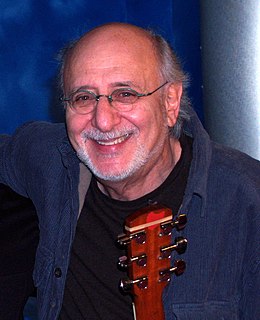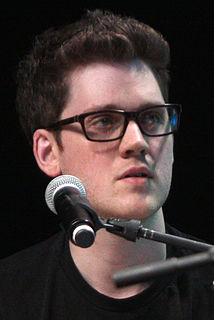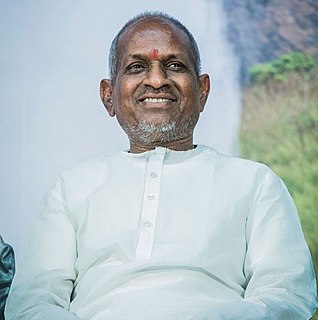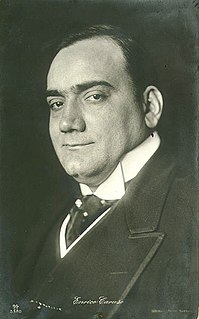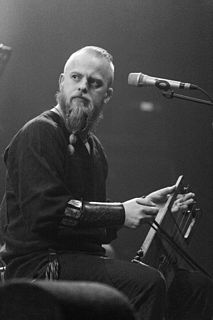A Quote by Al Jarreau
I'm not sure it's a better music world of appreciation and performance. I think the listener is a different guy, and listening is something he does in passing, with other stuff going on. There's less care and understanding of the relationship between the song and the listener.
Related Quotes
Since true listening involves a setting aside of the self, it also temporarily involves a total acceptance of the others. Sensing this acceptance, the speaker will feel less and less vulnerable, and more and more inclined to open up the inner recesses of his or her mind to the listener. As this happens, speaker and listener begin to appreciate each other more and more, and the dance of love is begun again.
Writing original songs is much, much harder (I think) because you only have yourself to conjure up EVERY single moment a listener is going to hear. It's a craft that goes directly from your brain to their ears. You can never be sure that what you're writing is gonna be good enough to keep a listener engaged and truly experience something. It's a shot in the dark.
I think the more the listener can contribute to the song, the better; the more they become part of the song, and they fill in the blanks. Rather than tell them everything, you save your details for things that exist. Like what color the ashtray is. How far away the doorway was. So when you're talking about intangible things like emotions, the listener can fill in the blanks and you just draw the foundation.
Something I always tell students is, when you're writing something, you want to write the first draft and you want it to come out easily in the beginning. If you're afraid to say what you really have to say, you stammer. When you're thinking of your listener, that's when you start stuttering and it's just because you're nervous that your listener is passing judgment.
During empathy one is simply 'there for' the other individual, when experiencing their own feelings while listening to the other, i.e. during sympathy, the listener pays attention to something about themselves, and is not 'there for' the client. Consider how you would feel if you sensed that the individual listening to you was getting into their own 'stuff' rather than hearing and reflecting exactly what you were feeling in a moment of need?





